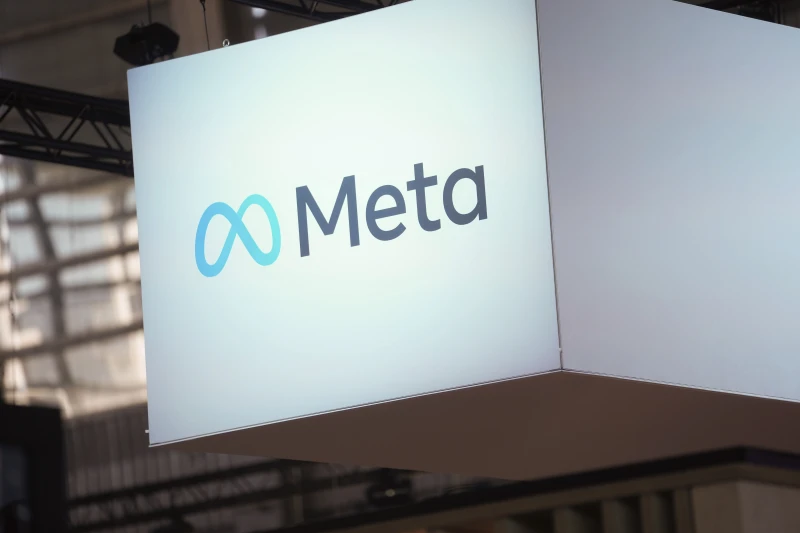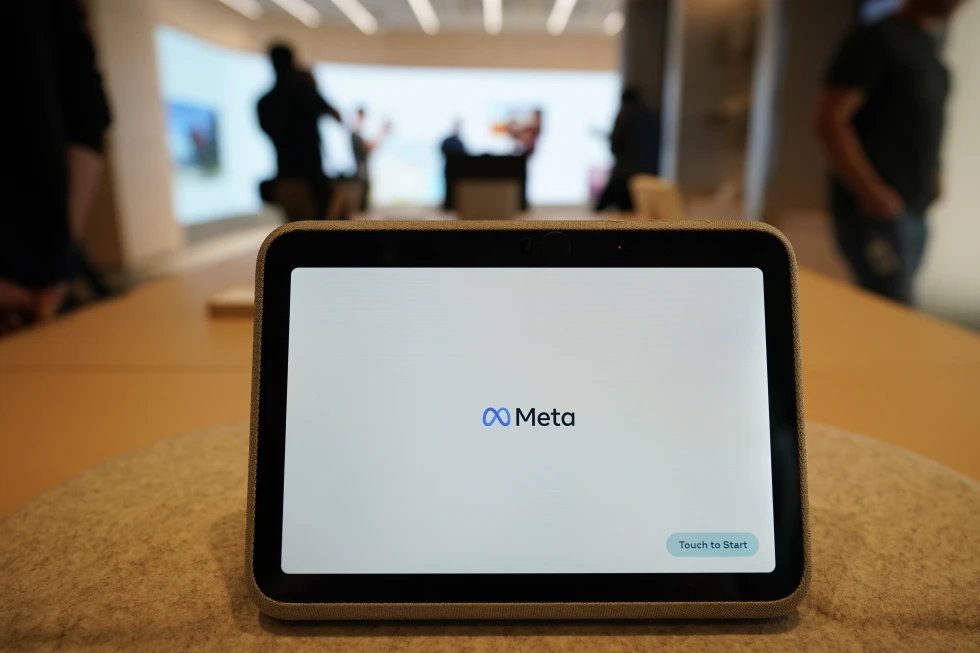Meta Platforms Inc., the parent company of Facebook and Instagram, recently announced its first-quarter financial results, revealing a significant increase in profit driven by heightened advertising revenue and a rise in the average price of ads on its platforms.
However, the company’s shares experienced a sharp decline in after-hours trading due to lukewarm revenue guidance for the upcoming quarters.
This essay will delve into Meta’s financial performance, its strategic investments in artificial intelligence (AI), and the implications of its earnings on the broader market landscape.
In the January-March period, Meta Platforms Inc. recorded a substantial surge in profit, with earnings reaching $12.37 billion, or $4.71 per share, compared to $5.71 billion, or $2.20 per share, in the corresponding period of the previous year.
This remarkable growth in profit was accompanied by a 27% increase in revenue, which rose to $36.46 billion from $28.65 billion. These figures surpassed the expectations of analysts, who had projected earnings of $4.32 per share on revenue of $36.14 billion, according to a poll by FactSet.
Despite the impressive performance, the company’s shares experienced a notable decline in value during after-hours trading, primarily due to the cautious revenue guidance provided by Meta for the current quarter.
The Menlo Park, California-based company anticipates revenue in the range of $36.5 billion to $39 billion for the upcoming quarter, slightly below the analysts’ consensus of $38.25 billion.
Moreover, Meta Platforms Inc. foresees higher capital expenses for 2024, ranging from $35 billion to $40 billion, as a result of its investments in AI. This represents an increase from its earlier guidance of $30 billion to $37 billion.
Meta’s substantial investments in AI have been pivotal in shaping its future trajectory. The company’s CEO, Mark Zuckerberg, unveiled a new suite of AI systems, which he touts as “the most intelligent AI assistant that you can freely use.”
These investments align with a broader industry trend, with leading AI developers such as Google and OpenAI, as well as emerging startups like Anthropic, Cohere, and Mistral from France, actively pursuing the development of advanced AI language models and chatbots.
This concerted effort aims to demonstrate the prowess and utility of their AI offerings to potential customers.
The implications of Meta’s earnings extend beyond its individual performance, serving as a cautionary tale for companies reporting during this earnings season.
Despite surpassing estimates in both top- and bottom-line metrics, the company’s cautionary revenue outlook for the second quarter has instilled a sense of mistrust among investors.
This sentiment is in stark contrast to the recent market response to Tesla’s earnings, highlighting the prevailing skepticism surrounding near-future projections.
In conclusion, Meta Platforms Inc.’s first-quarter financial results reflect a substantial increase in profit and revenue, driven by heightened advertising revenue and a rise in the average price of ads on its platforms.
However, the company’s cautious revenue guidance for the upcoming quarter, coupled with its heightened capital expenses due to investments in AI, has led to a decline in its shares and raised concerns among investors.
Moreover, Meta’s strategic focus on AI aligns with broader industry trends, where companies are vying to demonstrate the intelligence and efficacy of their AI offerings.
The market response to Meta’s earnings serves as a reminder of the significance of forward-looking guidance and the prevailing investor sentiment during this earnings season.
The recent financial developments in the tech industry have sparked significant interest and debate among investors and analysts alike. On Tuesday, Tesla, the renowned electric vehicle manufacturer, announced a substantial 55% decline in its first-quarter net income.
Despite this setback, the company unveiled plans to ramp up the production of new, more cost-effective vehicles. This strategic shift towards affordability resonated positively with the market, as evidenced by Tesla’s stock surging by an impressive 12% the following day.
In a parallel narrative, Meta, the parent company of popular social media platforms such as Facebook, Instagram, WhatsApp, and Messenger, witnessed a steady increase in its user base.
The conglomerate boasted an average of 3.24 billion users across its suite of apps in March, marking a notable 7% year-over-year growth.
However, Meta recently announced its decision to discontinue the disclosure of user figures specifically for Facebook, a move that has raised eyebrows within the industry.
Furthermore, Meta’s workforce experienced a significant reduction, with the company reporting a 10% decrease in its employee count compared to the previous year, bringing the total number of workers to 69,329 as of March 31.
CEO Mark Zuckerberg has dubbed 2023 as the “year of efficiency,” signaling a strategic shift towards streamlining operations and cutting costs. This efficiency drive culminated in the company laying off thousands of employees as part of its cost-saving measures.
Despite Meta’s recent operational restructuring and cost-cutting initiatives, the company faced a setback in after-hours trading, with its shares plummeting by 16%.
This decline comes on the heels of Meta’s stock price more than doubling over the past year, buoyed by a resurgence in online advertising revenue.

The contrasting fortunes of Tesla and Meta underscore the dynamic nature of the tech industry, where market sentiment can swiftly shift in response to company performance and strategic announcements.
Tesla’s pivot towards more affordable electric vehicles has resonated positively with investors, propelling its stock to new heights, while Meta’s focus on operational efficiency and workforce reduction has been met with a more cautious market response.
As these tech giants navigate the ever-evolving landscape of consumer preferences, regulatory challenges, and competitive pressures, their ability to adapt and innovate will be crucial in determining their long-term success.
The unfolding narratives of Tesla and Meta serve as a compelling case study of the complexities and uncertainties inherent in the tech sector, where rapid change is the only constant.
